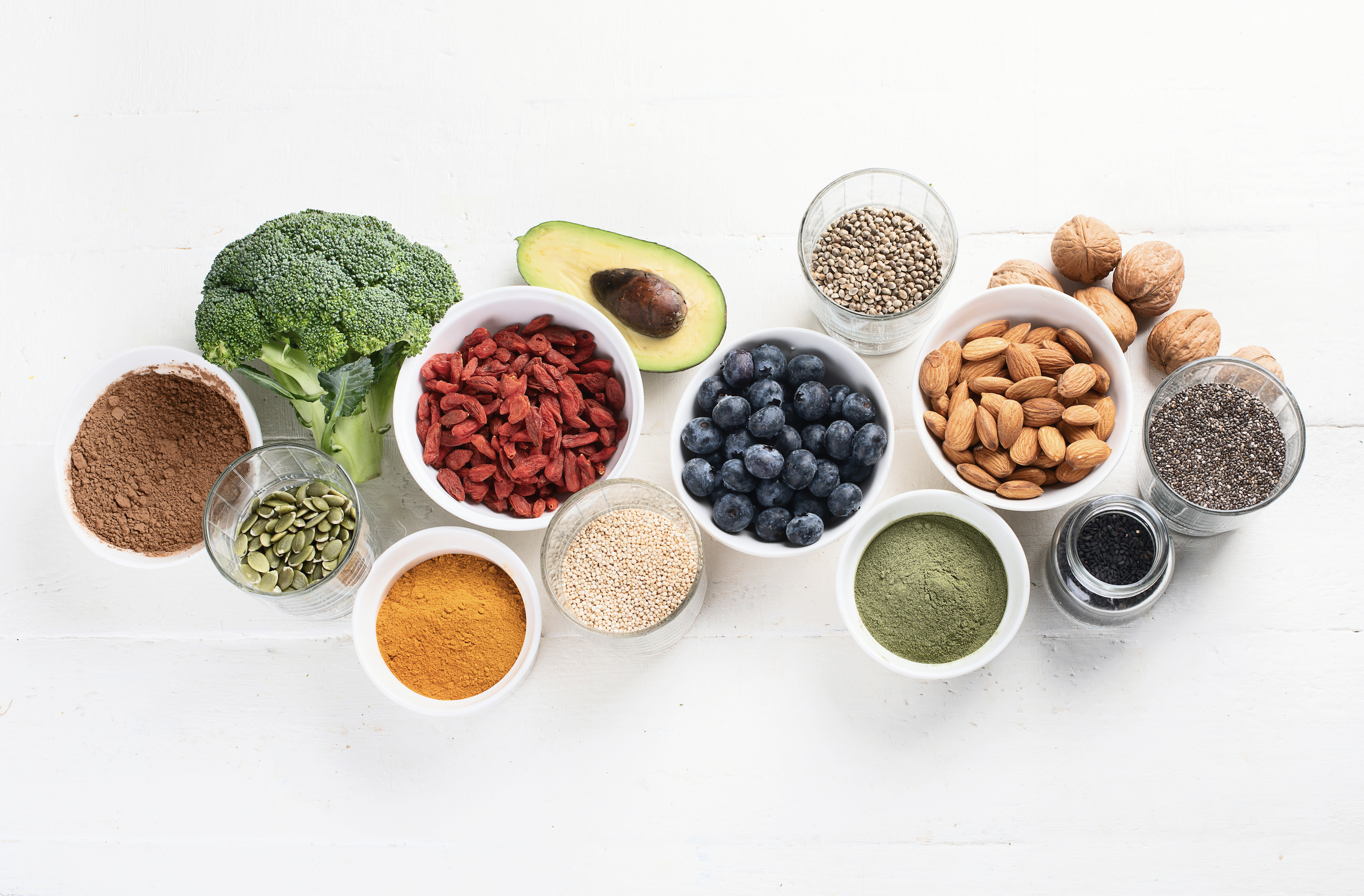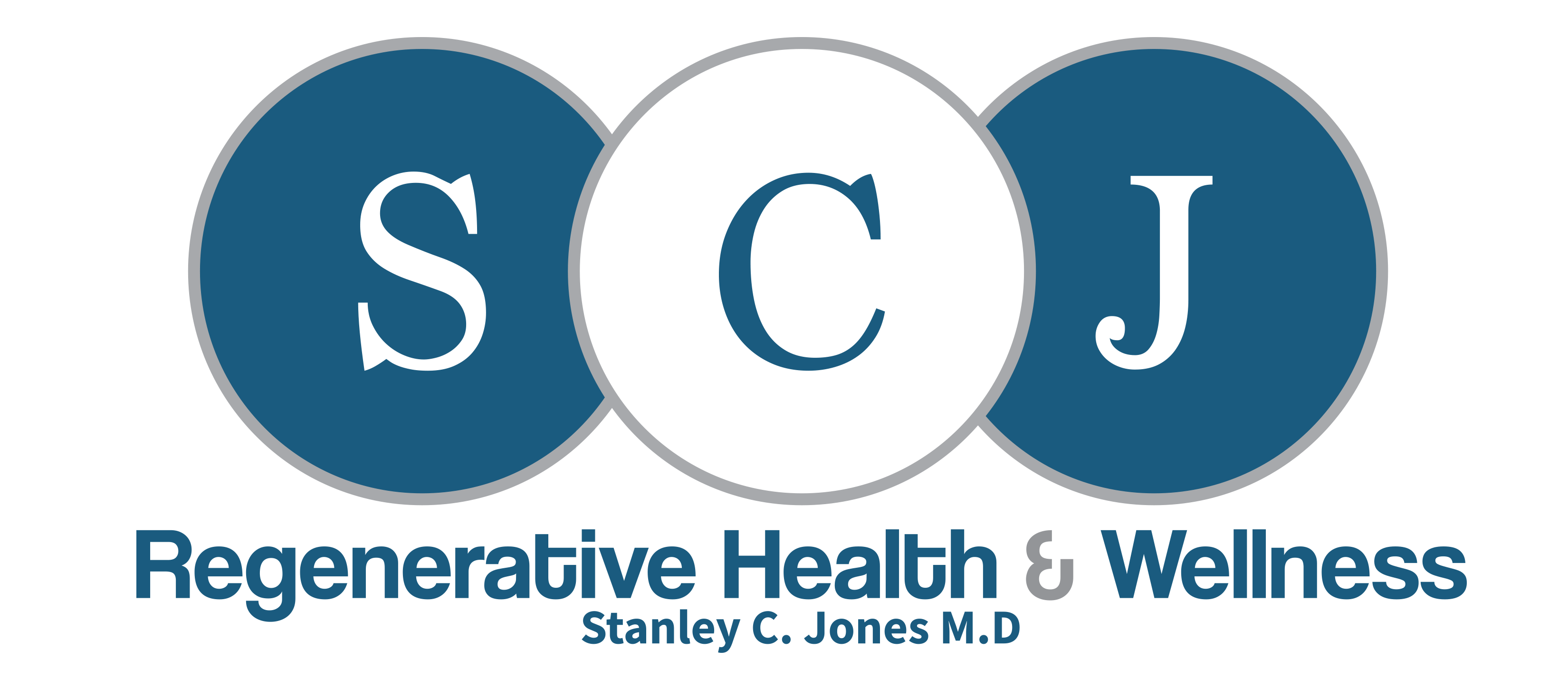
Tired of dealing with wrinkle creams, anti-aging lotions, and complex facial treatments to prevent your skin from aging? Did you know that quick fixes in your lifestyle, including your diet, can help with anti-aging? There are two types of aging, intrinsic and extrinsic. Intrinsic aging begins in your mid-20s and is directly related to your genes. Extrinsic aging is a result of your environment including sun exposure, facial expressions, gravity, sleeping positions, and smoking. Eat a diet rich in vegetables, fruits, whole grains, and protein to keep your skin healthy.
Purple and Blue Fruits and Veggies
Fruits and vegetables with a blue-purple color contain anthocyanins and polyphenolics, which may have anti-aging properties. Anthocyanins are the pigments that give the fruits and veggies their color, and polyphenolics are antioxidant compounds. Antioxidants may reduce the oxidant stress that can damage proteins, DNA, and lipids in your body. Further research is still needed to determine a direct correlation, but in the meantime add any of the following blue-purple foods to your diet: blackberries, blueberries, plums, raisins, eggplant, purple cabbage, or purple-skinned potatoes.
Vitamin C
Adam Friedman, M.D., director of dermatologic research at Albert Einstein College of Medicine in New York City, indicates that Vitamin C is an antioxidant that fights free radicals from environmental factors that harm cells within your body. Friedman states that without vitamin C, the free radicals could interfere with the production of collagen, which is the main support for your skin. Vitamin C can help reduce wrinkles and dry skin over time. You should consume at least 75 milligrams of vitamin C per day. Pomegranates contain a great deal of vitamin C and antioxidants that help prevent free radical damage and help your body preserve collagen. Red bell peppers, oranges and grapefruits are also packed with vitamin C.
Kale and Spinach
These greens contain antioxidant compounds that shield against damage from the sun. Spinach also contains beta-carotene and lutein that improved elasticity of your skin. Eating three cups of kale or spinach a day is the recommendation of Jackie Newgent, RD, a nutritionist based in New York City. Lutein from leafy greens can also reduce the risk of age-related macular degeneration according to the American Optometric Association.
Green Tea
Green tea has lots of healing properties, including for your skin. Green tea contains polyphenols, the antioxidant that fights damage from free radicals, and catechins, a compound that prevents sun damage. Newgent recommends drinking at least one cup a day.
Omega-3
Tuna and salmon contain omega-3 fatty acids that help protect against sun damage and reduce chronic skin conditions such as eczema and psoriasis that the body can’t make on its own. As you get older, your skin gets thinner, thus causing loss of moisture which leads to wrinkles. Omega-3s help strengthen your skin and help it contain moisture. If you can’t get your hands on tuna or salmon, try mackerel, herring, sardines, or lake trout. Olive oil also contains omega-3 fatty acids, so brush a light layer of extra virgin olive oil on your fish.
Selenium
Whole grains, or more specific products with wheat germ, contain selenium, a mineral that has anti-aging properties and helps protect your skin against UV rays. According to the nutritionist, Darci Steiner, selenium must be consumed through food since it is not naturally present in your body, but too much selenium can be toxic.
Want to schedule a consultation? Click here.
